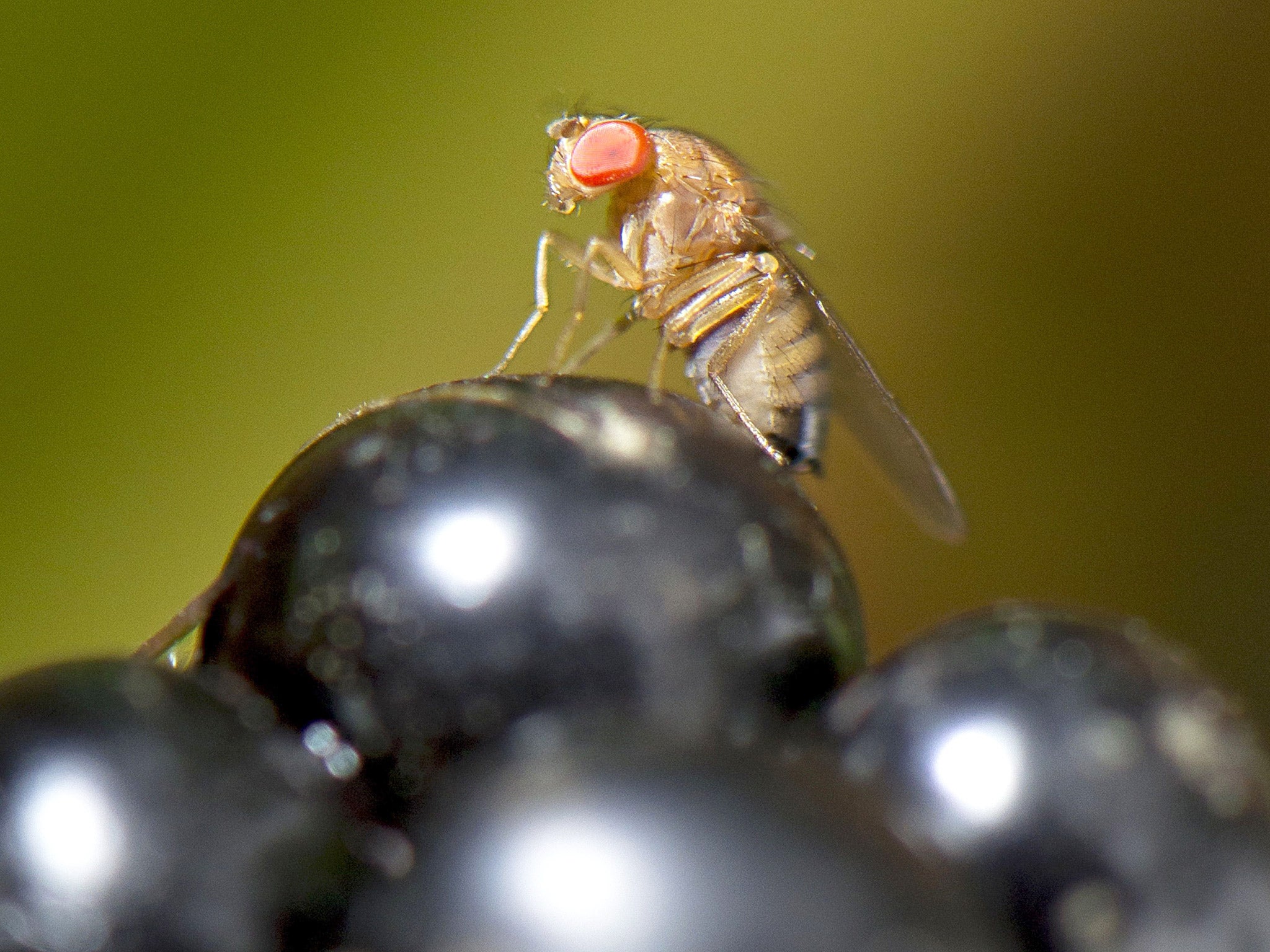Females more likely to be promiscuous in cooler climates
Scientists examined female fruit flies sexual behaviour in hot and cold climates

Females are more likely to be promiscuous in colder climates, a new study claims.
Researchers at Exeter University examined wild fruit flies from the hot climates of Arizona and the cooler Montana area and observed their sexual behaviour in a controlled environment on the Penryn campus in Cornwall.
The results, published in the journal Behavioural Ecology, found female flies accepted more partners in colder temperatures and were more likely to stay monogamous when in warmer conditions.
“It makes sense biologically for females to have a number of partners as they will produce more offspring that are more genetically diverse and survive better,” said lead researcher Dr Michelle Taylor, from the Centre for Ecology and Conservation.
She added further research was needed to examine why the female flies chose to be monogamous, despite their biological imperatives.
Dr Taylor also suggested the study’s findings may provide clues as to why some species survive and others die out. “Evolutionarily speaking, this could be one reason why some populations are able to adapt to changing environments while others go extinct.”
However, whether these findings translate into human sexual behaviour remains unknown with existing research inconclusive.
Studies of men and women in hot and cold climates demonstrate birth rates generally seem to rise during the spring, nine months after the warmest time of the year.
Subscribe to Independent Premium to bookmark this article
Want to bookmark your favourite articles and stories to read or reference later? Start your Independent Premium subscription today.

Join our commenting forum
Join thought-provoking conversations, follow other Independent readers and see their replies